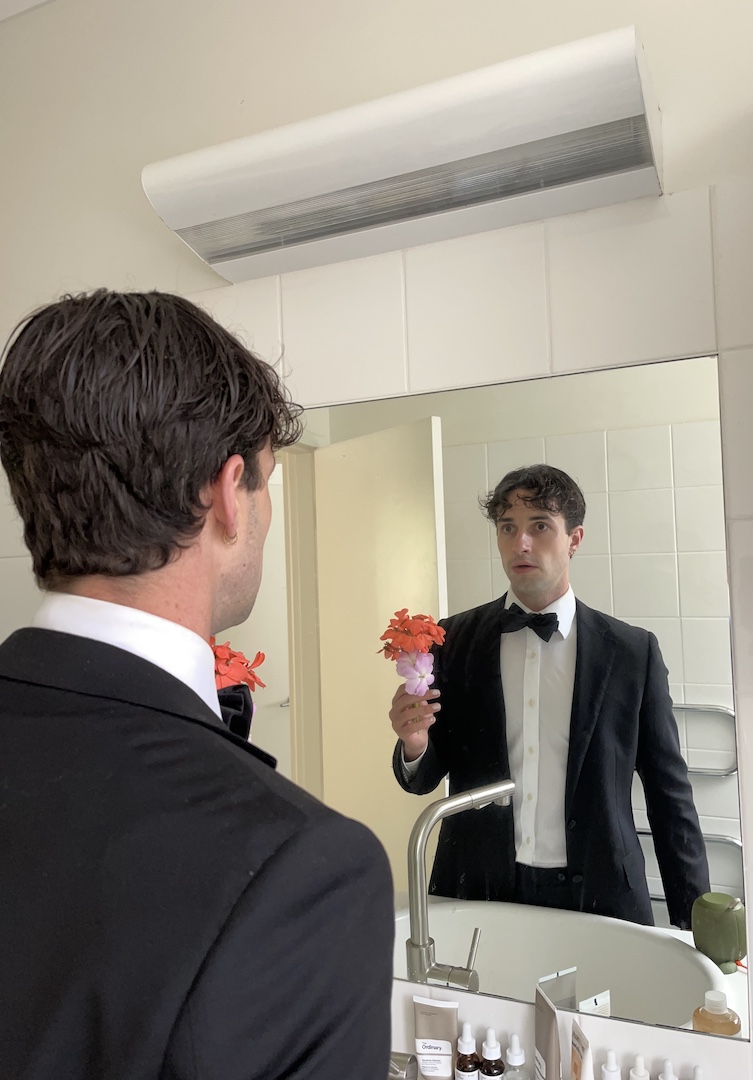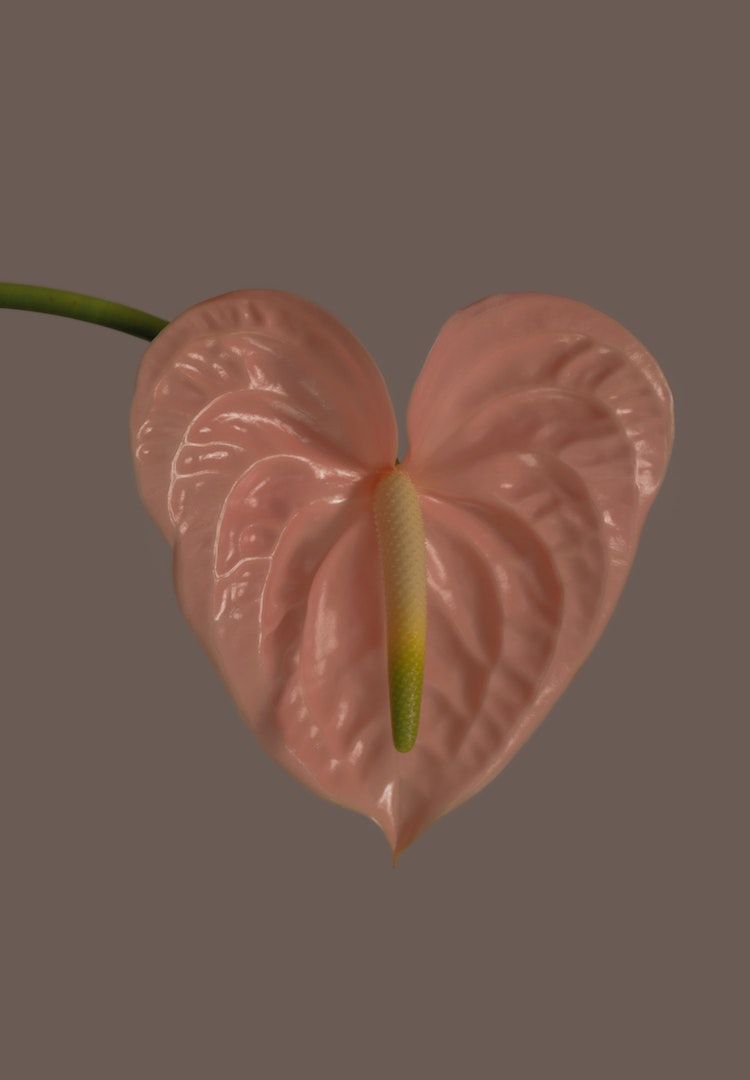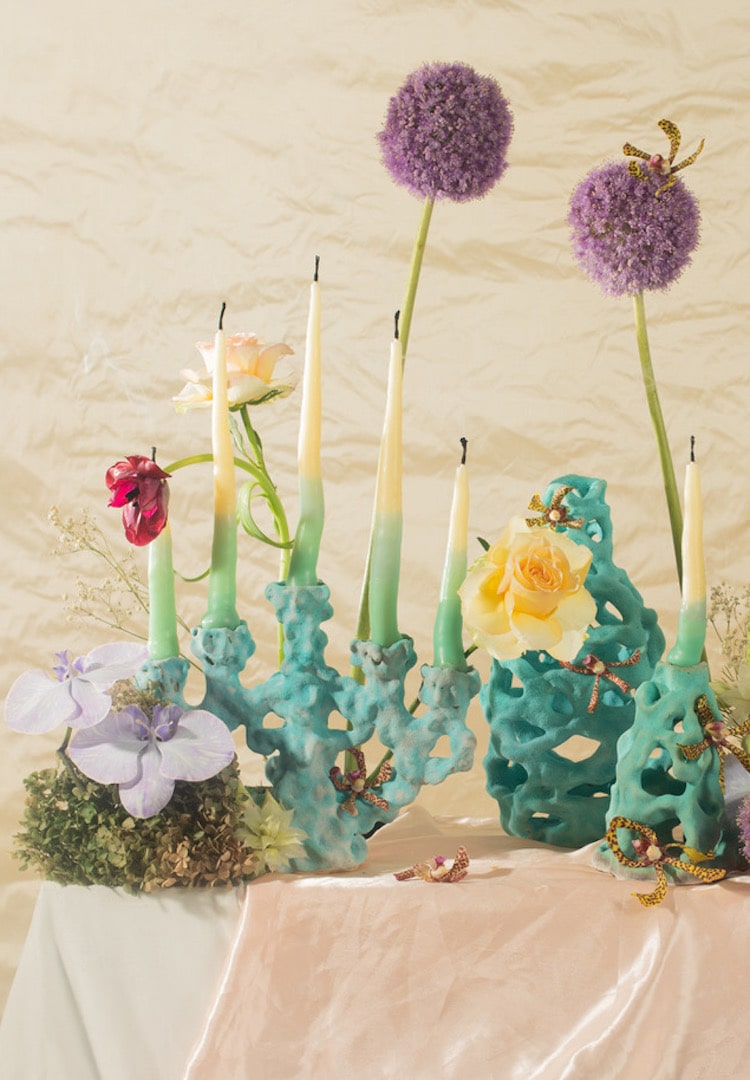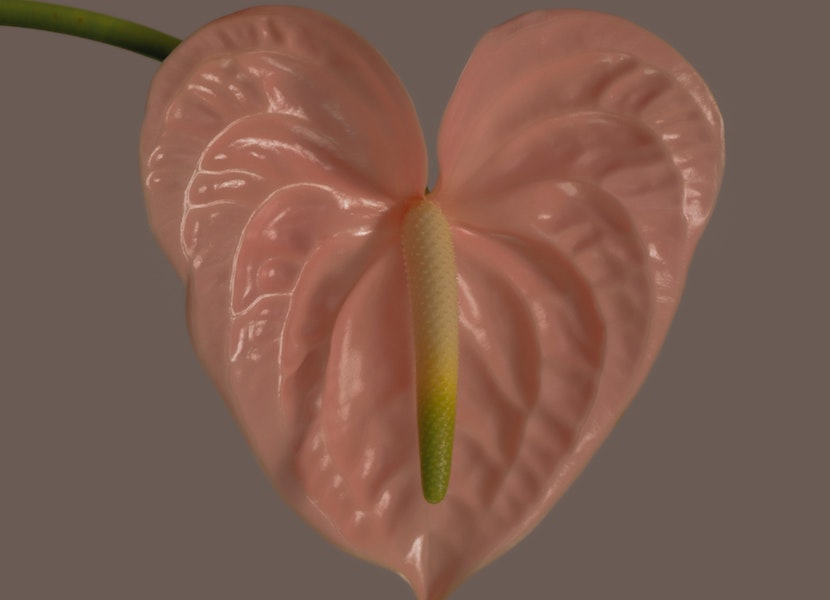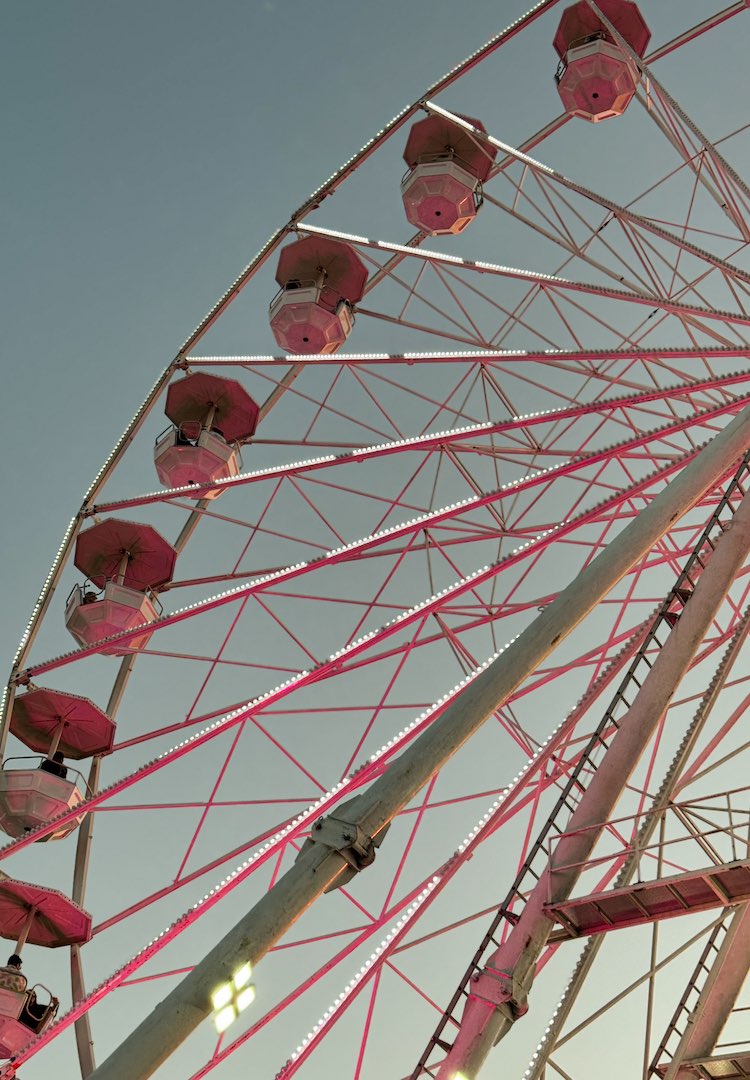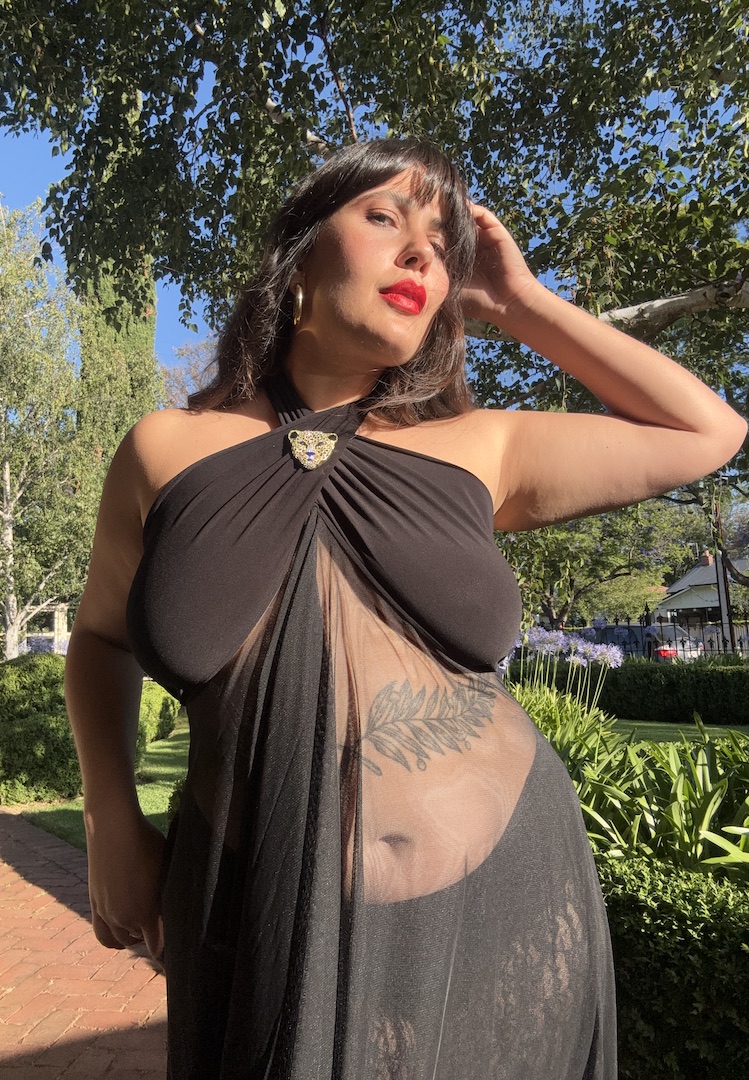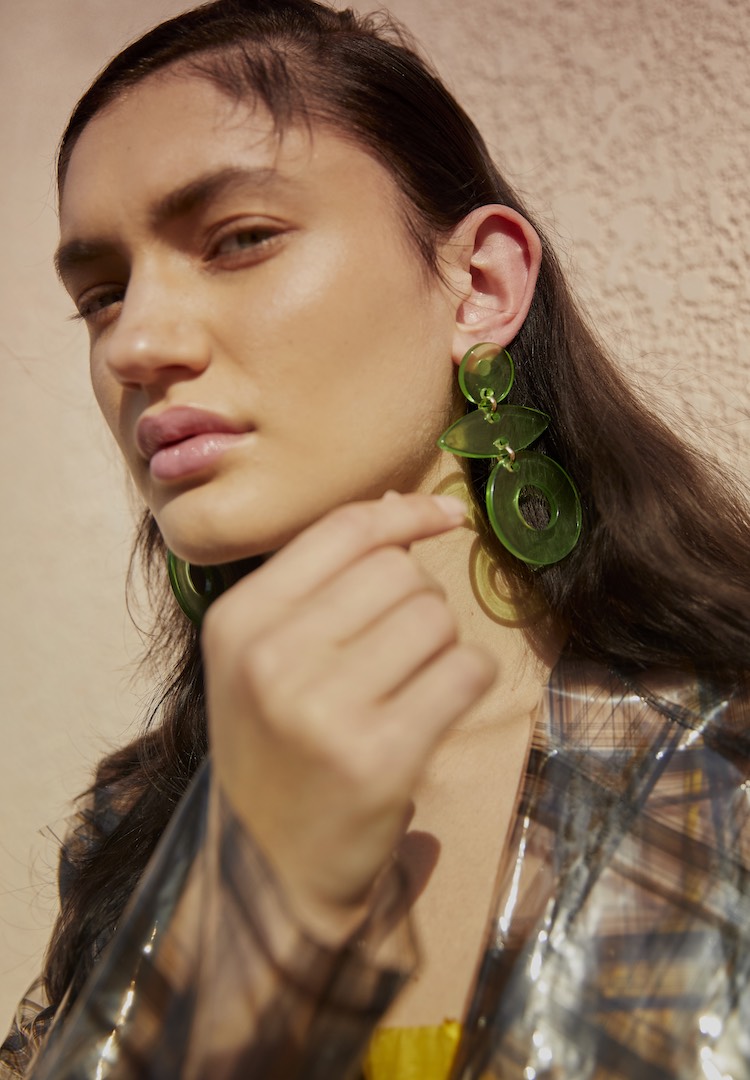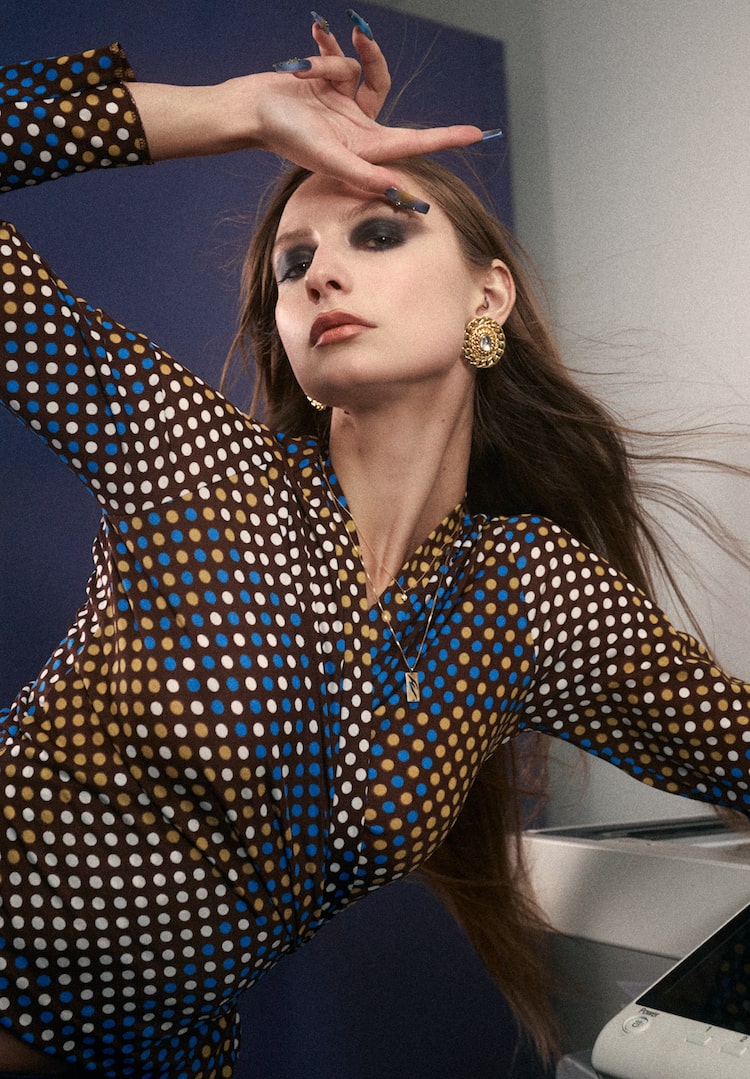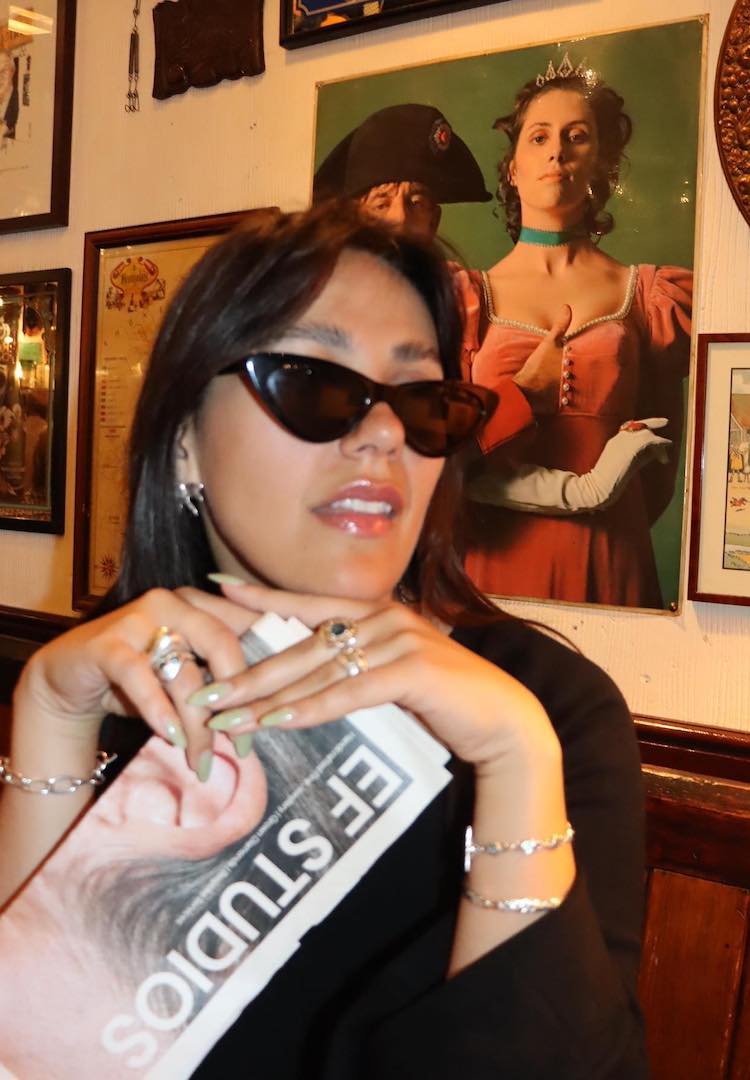What does it feel like to be asexual?
WORDS BY TESS FISHER
Why being ace is ace.
The first time I really thought about asexuality, I was watching BoJack Horseman. Don’t worry, I don’t usually get my sex education from a talking horse, but this was oddly impactful. BoJack’s housemate Todd is asked if he’s gay. His response? “I’m not gay, but I don’t think I’m straight either. I don’t know what I am. I think I might be nothing.” Turns out, Todd is asexual.
You know when you first notice something and then you start seeing it everywhere? Like, if I say ‘purple unicorns’, you’re going to start seeing them pop up all over the place? I kinda thought after the BoJack episode I’d start seeing asexuality in a bunch of books, loads of TV shows and stacks of movies.
Want to explore your love life a little more deeply? Head to our Life section.
But that didn’t happen, and it’s not because I started walking around with my eyes shut. It’s because visibility for the asexual community is pretty crap. I’m proud to live in a part of the world that is (in some ways) sex-positive, but it feels like we never really talk about asexuality.
Sitting at the other end of the spectrum, it’s a place that over 75 million asexual people (or ‘aces’) call home. Ahead of Ace Week this October 24, I spoke with two members of the community about their experiences, their advice, and to bust some myths.
What is asexuality?
Like all sexual orientations, being asexual isn’t a choice. It isn’t a phase of self-enforced celibacy, or deciding to abstain for a while. Being asexual means that you have little or no attraction to anyone, and you don’t want anyone to touch you sexually either.
As with sexuality in general, asexuality exists on a spectrum. Some people in the ace community identify as gray-asexual, meaning they can experience sexual attraction, but only very rarely. Demisexuality also often falls under the ace umbrella and includes people who will only start feeling desire once they’ve established a strong emotional connection to someone.
Asexuality doesn’t mean that you’re ‘aromantic’ and don’t like physical affection, although that can be part of it too. A lot of aces still like cuddling and holding hands, spending quality time together and giving and receiving thoughtful gifts. On the other hand, someone who is ‘aromantic’ (or ‘aro’) isn’t interested in physical affection, regardless of gender, and has no desire to be in a romantic relationship.
What does being asexual feel like?
I spoke to K, a member of the Asexuality Visibility and Education Network (AVEN) Project, about their experience of asexuality.
“I first discovered I was asexual when I was around 25 years old [and] I’m currently 32. I read an article about someone that identified as asexual during Asexuality Spectrum Awareness Week and it all resonated with me,” said K.
“Asexuality, for me, is not feeling sexual attraction. I have never felt the attraction that the majority of the population feel towards another person. Keep in mind that romantic attraction and sexual attraction are not the same. So when we speak about asexuality, we mean that there is no urge or desire to have sex with someone.”
Eager to find out more, I stumbled across the Instagram page Amazing Asexuals. The meme account pokes fun at the lack of ‘aroace’ representation in the media and calls out ‘exclusionist’ behaviour. I was lucky enough to speak to the page’s creator, Grofu, about when they first knew they were asexual.
“I came across the term when I was nearly 15. I was talking to a friend and they described how they felt about someone, and I noted that I had never experienced that. When I told them, they asked if I knew what ‘asexuality’ was and I immediately clicked with it.
“When I was younger, I found I didn’t relate to many media relationships because they focused on sexual attraction, which is something I had never felt or experienced,” said Grofu. But that lack of visibility is something they wanted to change.
“I started my Instagram page because I found it so difficult to find out about asexuality, and I wanted it to be easier for others. I hope that it will help to bring a positive and safe space online for aces to connect and feel seen.”
Myth-busting
There were a few things that really surprised me when I researched this piece. The biggest one? Some asexual people still choose to be intimate.
“One misconception is that asexuals do not have sex. At all. But that is not true! Some aces do have sex for various reasons, such as physical pleasure for themselves, pleasing their partner, or having a child,” explained K.
The next myth? That aces don’t masturbate. Busted! Being asexual doesn’t mean you don’t have sex with yourself. Some people in the community still get the urge – it’s usually just not connected to lustful thoughts about another person. Or (and we’ve all been there), they simply feel the need for a physical release.
For Grofu, one of the biggest misunderstandings occurs when people confuse not wanting to have sex with not wanting affection.
“Some people assume that asexuals have to be aromantic as well, but many aces feel romantic attraction. Other people assume asexuality is the same as celibacy, but asexuality is not a choice and many asexuals choose to have sex with people.”
K agrees that asexuality and aromanticism don’t necessarily go hand in hand. “Someone who is asexual may also feel romantic attraction and thus be hetero-, homo-, bi-, or pan-romantic.”
Another misconception is that being asexual means you’re not looking for a partner, which is often not the case. Grofu hasn’t been in a relationship yet, but it’s something they’d like in the future. “I think a positive relationship would be one where they respect my boundaries and what I am comfortable with.” Same Grofu, same.
I think I’m asexual, now what?
Maybe you’re not sure where you sit on the spectrum, or you have a friend who may be looking for some direction themselves. According to K, start by doing your homework.
“Do research! Check out AVEN, which has a lot of great resources. Join the forums to ask questions, read up, and just see what resonates with you. Only you know yourself best, so chances are if you think you’re asexual or on the ace spectrum, you probably are, and there is nothing wrong with it! You aren’t alone.”
Grofu concurs that online networks can be a really big help. “If you are questioning if you are asexual, I would just talk to some of the asexuals who run support pages online. Talking to them about your experience when they’ve been through it can be really helpful.” And based on what a legend Grofu was when I slipped into their DMs, Instagram can be a great place for finding information and advice or even making a new friend.
For more on asexuality, try this.

